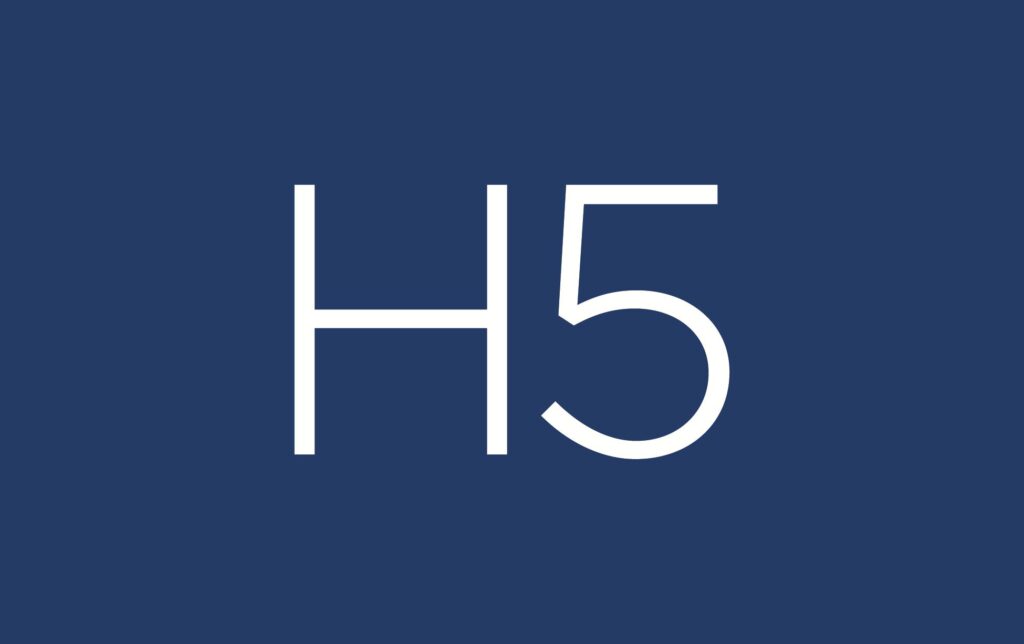Days & Times
9 a.m. Hawaii / 11 a.m. Alaska / 12 p.m. Pacific / 1 p.m. Mountain / 2 p.m. Central / 3 p.m. Eastern
Duration: 75 minutes
Course Location
Online
Course Fees
Tuition
$0
In the United States, from electronic discovery to Predictive Justice to Criminal Risk Assessment, the practice of law and the administration of justice increasingly rely on artificially intelligent machines to make decisions that affect people. What are the potential benefits and risks of AI in these contexts? What ethical issues does it raise? What emerging frameworks exist that can empower courts and practitioners to assess the extent to which such systems should be trusted?
Course $0
During this course, you will learn to:
- List the potential benefits and risks of AI in the context of civil justice
- Describe the ethical issues that arise from the use of AI in civil justice
- Identify emerging frameworks that can help courts and practitioners assess the extent to which AI systems should be trusted
To enable a practical understanding of the complex ethical and practical issues involved in the civil justice environment, the National Judicial College is partnering with Covington & Burling LLP and H5 to host an interactive virtual conversation with a panel of experts who bring deep knowledge about the intersection of artificial intelligence and the practice of law.
Panelists:
David Engstrom, Associate Dean, Stanford Law School
Lee Tiedrich, Partner and AI Initiative Co-Chair, Covington & Burling
Nicolas Economou, CEO, H5; Law Committee Chair, IEEE Global Initiative
Marla Greenstein, Executive Director, Alaska Commission on Judicial Conduct

In the United States, from electronic discovery to Predictive Justice to Criminal Risk Assessment, the practice of law and the administration of justice increasingly rely on artificially intelligent machines to make decisions that affect people. What are the potential benefits and risks of AI in these contexts? What ethical issues does it raise? What emerging frameworks exist that can empower courts and practitioners to assess the extent to which such systems should be trusted?